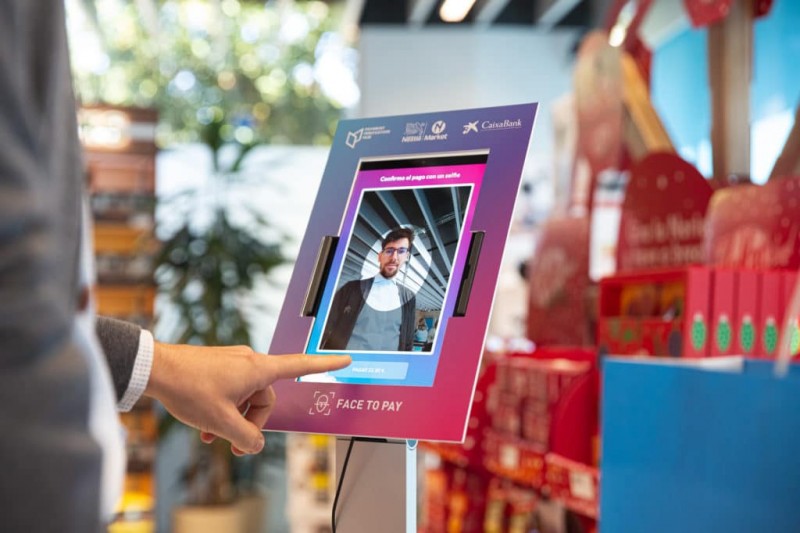
New Delhi:- In China, facial recognition technology is being used in many aspects of life. Some people like it because it is convenient, but others worry about their privacy. The increasing use of AI technology has led to a big increase in the value of companies that specialize in this area, like SenseTime and Megvii.
Now the industry is going through some big changes because Beijing is working harder to set clearer rules for how the technology can be used. This move is improving the already existing tech regulations that were introduced in the past few years. These regulations are focused on making sure that cybersecurity, data security, and privacy protection are taken seriously.
On Tuesday, China's top internet watchdog, the Cyberspace Administration of China (CAC), announced some new rules for how facial recognition technology should be used. This technology is used a lot in both public and private sectors. It is used for things like using facial scans to pay for things in stores and confirming people's identities at airport gates. This is becoming more common in China and the United States.
Also Read:- China-Congress Secret Deal: Anti-India Impact
People who criticize facial recognition worry about issues with personal privacy and unfair treatment. They are upset because some places where people live are only allowing entry if they scan their face. People are worried that algorithms may not be accurate and fair when it comes to identifying the faces of minority groups. This could result in unfairly singling out certain groups of people.
The suggested changes seem to give people more freedom to choose not to use facial recognition in certain situations. However, there are some restrictions that come with these changes.
The use of facial recognition should only be allowed for specific reasons and when absolutely necessary. This means that individual permission or written consent is needed, as stated in the proposed rules.
These rules say that there should be clear signs in public places where facial recognition is used. Places like hotels, airports, and museums are not allowed to force people to have their faces scanned for things like making the business run better or improving the services. In addition, using only facial recognition to enter a building is not a good idea.
Also Read:- Where is Honda Made: A Global Manufacturing Journey Unveiled
When we want to collect information about the faces of people under 14 years old, we need their parents or guardians to agree to it first.
Using the technology will cost organizations and individuals more money for their regular operations. If you have facial information about over 10,000 people, you must sign up at a nearby CAC office. The document should explain why we are collecting the information and how we will keep it safe. Collectors cannot keep pictures of people's faces in their original quality without permission.
If the proposed changes are put into action and followed properly, they could make the industry more secure and reduce the chances of mishandling data. China has experienced many serious incidents where personal information of millions of people was illegally accessed, putting their privacy at risk.
The country has also been criticized for using facial recognition systems to determine people's ethnicities, especially in the case of Uyghurs. However, this situation will not be altered by the new rules. According to the new rules, no organization or person should use facial recognition technology to gather information about a person's race, ethnicity, religion, health, social class, or other private details, unless it is necessary for reasons such as national security or public safety.
Also Read:- India Prohibits Use of Chinese Drone Parts in Military, Citing Espionage Concerns
The suggestion wants people's thoughts until September 7th.
China and the United States are having problems with facial recognition technology. The Cyberspace Administration of China (CAC) has established rules and is making improvements to address these issues promptly.